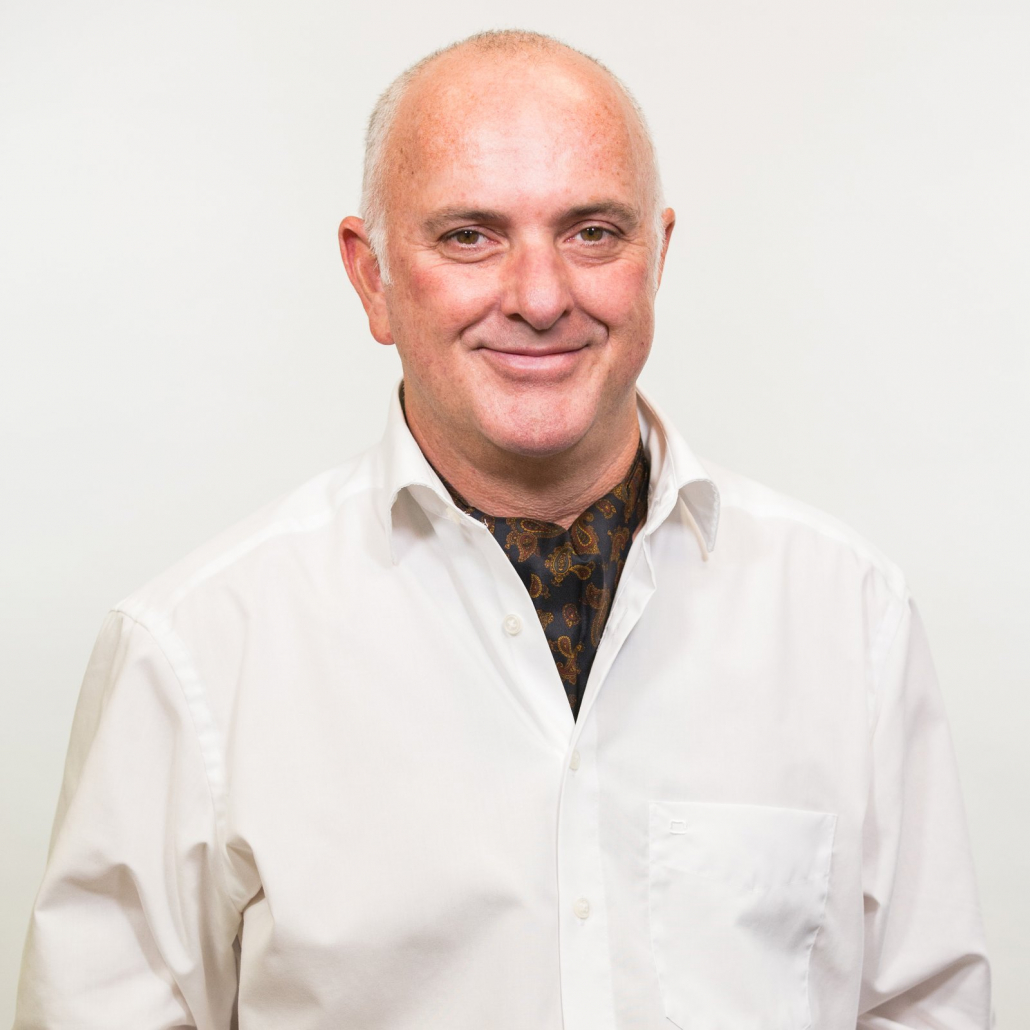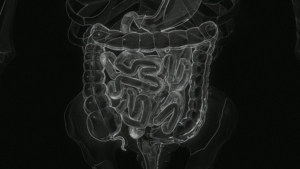
Making a better cheese
The French company Standing Ovation uses precision fermentation to create the protein that gives cheese its unique properties. With his pitch, co-founder and CEO Frédéric P'ques took the prize at the start-up pitch of the Industria Biotech.
EuroBiotech_Let me get straight to the point: Why vegan cheese?
P’ques_Well, first of all, because we really like cheese! Cheese is special in two respects. First, it is a frontier in terms of technical solutions. Before starting the company, we had tasted the alternatives we could find, and we were really not convinced. The plant-based products don’t come close to milk-based cheese, and most importantly, do not taste like it. But they also do not have the same nutritional value, notably in terms of proteins. Many of them are terribly expensive. So there is a need for other alternatives.
Second, cheese is also a frontier for many people when it comes to changing their diet. My son, for example, wants to be vegan but keeps going back to being vegetarian. Unlike with meat, he is still waiting for something that can really replace it. This is a very frequent situation: for many people, cheese is the reason why they will not go without animal-derived products. They can reduce their meat consumption, sometimes even drop it. But they want their cheese!
EuroBiotech_So Standing Ovation has developed a fermentation-based alternative?
P’ques_The caseins, yes. When you want to produce animal-free cheese, caseins are the core issue. They represent 80% of milk’s proteins, and nearly all of cheese proteins, but it is not only about quantity, they also provide the functionalities, the curdling first of all, but also stretching and melting in cheese. However, caseins are difficult to produce. In comparison, whey proteins, the other milk proteins, are very well-behaved. They are very soluble, a dream for biochemists, and can be produced easily. But caseins are different, so this is where we had our work cut out for us. We use precision fermentation – microbes that are fed with plant-based sugars – to produce the caseins.
EuroBiotech_How did Standing Ovation start out?
P’ques_Both founders, Romain Chayot and me, are scientists. We had been working together for seven years before, in precision fermentation. There was the idea, the skills, the team, and a project that made sense for us. So we started the journey.
EuroBiotech_What made you found?
P’ques_I believe the major reason was that it made sense. Younger people are really aware of the environmental issues, but people of my age have really seen the progressive switch from a world where you had the impression of infinite resources to another one with much more limited perspectives. We are all aware that we need solutions to avoid dystopic scenarios where food and water supplies are severely limited.
EuroBiotech_Animal-free cheese is more sustainable?
P’ques_Cows and other animals are converting plants into meat and milk for us, at a high environmental cost: more than 14% of anthropogenic GHG, with high water consumption, and using 80% of agricultural land. Precision fermentation consists in converting plant-based sugar into a desired compound by microbial fermentation, in a confined environment, the fermenter, with a very high yield, which means low needs for feedstock, water and soil.
For cheese making, many ingredients with low environmental footprint can be found in nature – as plant-based or mineral ingredients. But not caseins, and if you want to make real cheese with organoleptic and nutritional qualities, you need caseins. The solution is to make cheese with caseins made by precision fermentation.
EuroBiotech_Your approach is very successful with investors – in September, you raised €12m, and in November, you announced your partnership with French cheese giant Bel Group. Tell us more!
P’ques_Standing Ovation was founded in 2020. The company was financed initially by the founders and love money, but we could increase our funding in 2021 thanks to Astanor Ventures. We could also get support from Bpifrance at each step. During the two first years, it was mostly about proof of concept and the first steps of process development and scale-up, and we could progress with relatively little money. But we have now entered the next stage, with scale-up and regulatory process, and needed more significant financing.
We launched our Series A financing round in the first half of 2022. Our capacity to produce casein samples, and to present cheese mimics made with these caseins was key. Actually, we were looking for €10m, but the round was oversubscribed by €2m. Astanor Ventures rapidly took the lead and was joined by four other funds, Peakbridge, Seventure Partners, Big Idea Ventures and GoodStartup, all well-established investors, which support goes far beyond just money. They can help us with their experience and connections. In addition, Bel was convinced by our technology, and decided to join the round. With them, we found a partner placing innovation at the heart of its culture, and with real know-how in working with start-ups. We also have a partnership with them, to incorporate our caseins in Bel’s alternative cheese offerings.
EuroBiotech_What does the market look like for vegan cheese?
P’ques_The market of alternative proteins is blooming, with a very high growth, and it is expected to reach around US$300bn by 2035 (Boston Consulting Group). By then, which is tomorrow, we want to be able to produce dozens of thousands of tons of vegan caseins. Regarding dairy applications, non-animal cheese alternatives already represent US$2.4bn, but still essentially with low-value plant-based products today. To meet the strong and sustained growth projections we can sometimes hear about, I believe the current alternatives have to improve: both in taste – a real glass ceiling – and in nutritional quality, notably protein content. Dairy alternatives need to be protein-rich, as their conventional counterparts, to address the global shortage of proteins for human food. And to address both aspects, caseins will be key.
EuroBiotech_What differentiates Standing Ovation from other companies that use precision fermentation to make cheese?
P’ques_Many companies develop whey proteins, which are technically low hanging fruits. Casein, on the other hand, is the holy grail. Our proposition is to provide casein, and at a cost compatible with food applications. Today, we are one of the very few companies capable of bringing to the table a pot of non-animal caseins, made with a proprietary process, and a plateau de fromage’ made with these caseins. This is already a lot.
EuroBiotech_You aren’t worried about competition – either from other start-ups or major food industry players?
P’ques_The food industry looks more and more like the pharma industry, where partnerships between young innovative biotech and large companies have become a standard. Whatever their strength and the quality of their R&D, large companies cannot deal with all the innovations. Meanwhile, we have our unique technology for casein production. Mass production of this protein will require more financing, but having a proprietary technology delivering what people want is a good key to unlocking this door. Yet, collaboration with large food companies is certainly another key for both speed and impact. Large players can bring not only their know-how in cheese (or other dairy product) development and manufacturing, but also their capacities in marketing and distribution, a costly item on the path to market, and a difficult one for a small entity. And we have a very good partner: Our collaboration with Bel will considerably speed up delivery to the consumer’s plate, and the number of people we can reach.
EuroBiotech_What are the next steps for your company?
P’ques_The next critical steps are the scale-up, which requires the access to large fermentation capacities, and the regulatory process. The path to regulatory approval is very different across countries. It takes a long time in Europe when compared to the US or Singapore, and there is a big lag between what Europe can do and what other countries can do, which is something we regret. We are on a B2B model, positioning ourselves first as ingredient providers, so we can approach clients all over the world. However, due to the difference in timelines for the regulatory path, the market will be open in the US before Europe. Beyond scale-up and regulatory affairs, we also keep doing R&D. For example, we are also working on yoghurt, ice cream and so on. Long-term, we also envision the possibility to sell our own cheese one day. But in the short term, we think about impact and speed first. Partnering with major players in the food industry is the path to bringing a product to the market rapidly, with a large diffusion. This is our top priority, which has become concrete with the partnership with Bel that we announced recently.
This interview was originally published in European Biotechnology Magazine Winter Edition 2022.


 Unsplash+
Unsplash+
 Unsplash+
Unsplash+